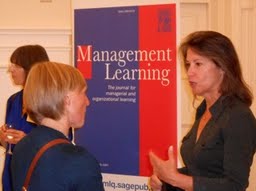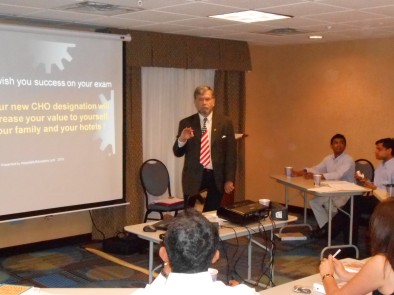 Stanley Turkel has spent his career with a number of well-known companies in management roles. These include Loews, Sheraton and Americana. He consulted with Dunfey (now Omni) and found his permanent home in his favorite city – New York. Turkel is well-known in the hotel industry, from his writing, his hotel consulting practice, his expert witness service in hotel-related cases, as well as asset management and hotel franchising consultation. He is certified as a Master Hotel Supplier Emeritus by the Educational Institute of AH&LA.
Stanley Turkel has spent his career with a number of well-known companies in management roles. These include Loews, Sheraton and Americana. He consulted with Dunfey (now Omni) and found his permanent home in his favorite city – New York. Turkel is well-known in the hotel industry, from his writing, his hotel consulting practice, his expert witness service in hotel-related cases, as well as asset management and hotel franchising consultation. He is certified as a Master Hotel Supplier Emeritus by the Educational Institute of AH&LA.
At times, Stan can be sometimes controversial in his monthly editorials NOBODY ASKED ME, BUT… yet without a doubt he has left his mark on the industry with his insights, his shared knowledge, the questions he asks and in his writing.
Turkel loves to share insights and stories about the history of hospitality. He was designated as the Historian of the Year in both 2014 and 2015 by Historic Hotels of America, which is the official venue of the National Trust for Historic Preservation. This honor is presented to an individual for making a unique contribution in the research and presentation of hotel history and whose work has encouraged a wide discussion and a greater understanding and enthusiasm for American History.
I just finished a book I meant to read years ago and wish I had done so earlier. Great American Hoteliers: Pioneers of the Hotel Industry is a fascinating and interesting refresher of where much of our industry found its foundation.
At a time when the industry is soaring and ownership is as widespread as it has ever been, it is appropriate to look at where some of that success originated. Turkel considered 16 hospitality professionals he ranked as significant. Alphabetically, they are:
1. John Bowman – founder of the Biltmore Hotels brand
2. Carl Fisher – the developer of Miami Beach
3. Henry Flagler – the multi-industry entrepreneur who developed much of eastern Florida through railroads and hotels
4. John Q. Hammons – an early Holiday Inn franchisee who developed his own systems and destiny
5. Frederich Harvey – a turn of the century western developer who innovated national parks and service delivery
6. Ernest Henderson – a real estate developer who accidentally created the Sheraton Hotel brand and came to enjoy some of the facets of hospitality
7. Conrad Hilton – a name recognized by most, but with stories that are worth reading about how he came to unintentionally make hotels his niche
8. Howard Johnson – a restaurateur now mainly forgotten, but who made interstate food and lodging an essential part of American travel
9. J. Willard Marriott – the father of better known Bill Marriott, Jr, this pioneer had to be convinced to change his beliefs and switch from food service in many facets to hotels
10. K M Patel – one of the early innovators from India who found inn keeping as a bridge to success for his and many other Indian immigrants who found being a hotelier an honorable profession
11. Henry Plant – a lesser known developer who developed the Gulf Coast of Florida
12. George Pullman – not usually thought of as a hotelier, this innovator created hotels on wheels. This is a mixed story of success and unpleasant actions, in my estimation
13. A M Sonnanbend – creator of a family business that managed many of New York and America’s better known eastern hotels as well as creating several brands
14. Ellsworth Statler – I admit to a bias here, in that I know a great deal about one of the most innovative and creative hoteliers America has ever known. While he passed away in 1928, his legacy remains in construction, service, training, profitability, marketing and value for both guest and hotel owner.
15. Juan Trippe – known primarily as an airline executive, this Pan Am innovator partnered travel with both hotels and air travel
16. Kemmons Wilson – a construction builder, Wilson used his personal family travel challenges to create a family friendly hotel that grew to one of the world’s largest and best known brands
A book worth reading for a University level program, or for those who are looking to understand how the past influences the future.
HIGHLY RECOMMENDED
Comments and suggestions for future articles are always welcome john@hoganhospitality.com
John J Hogan, CHA CMHS CHE CHO
Hotelier, Speaker, Educator, Author, Expert Witness
- Principal, HoganHospitality.com Expert Witness Services, Workshops, Consulting
- Co-Founder & CLO, HospitalityEducators.com, Resources in Customer Services, Training, Marketing and Sales, Profitability
- Visit johnjhogan.com for Coaching and Development
John@Hoganhospitality.com Office 480-436-0283 Cell 602-799-5375


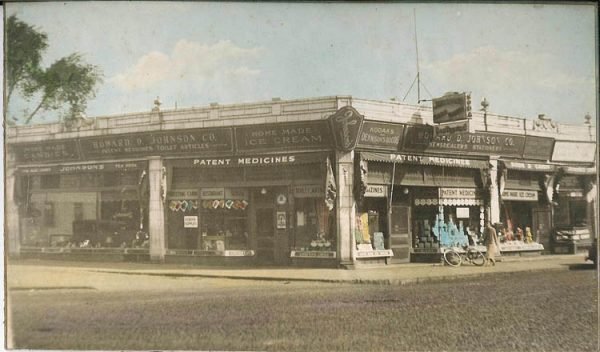
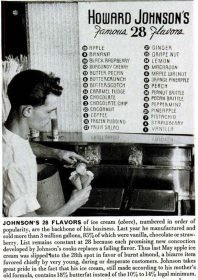
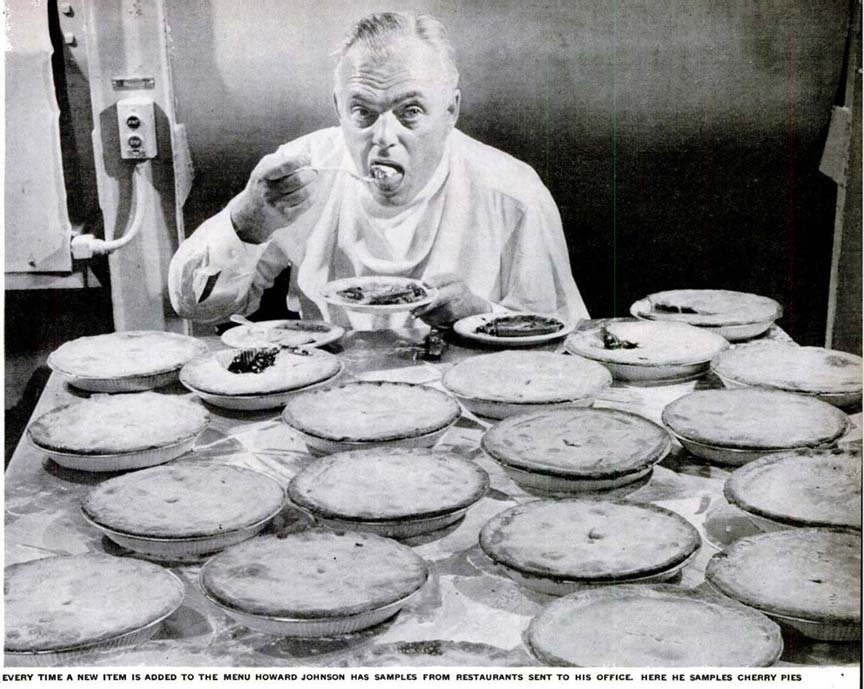
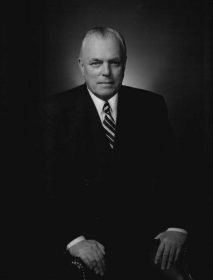
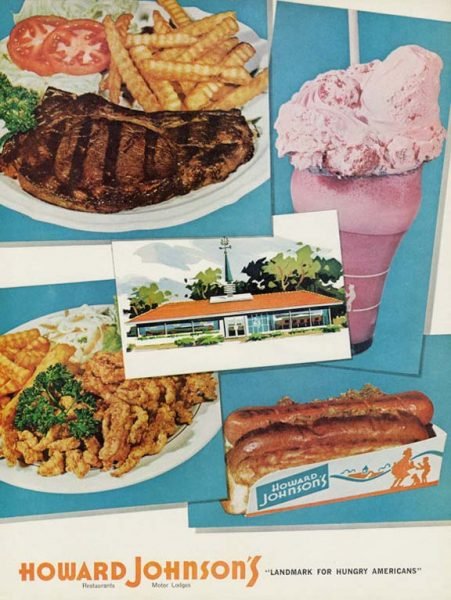



 a training center for leadership and guest service and Lee Cockerell’s book on delivering sensational service is right on.
a training center for leadership and guest service and Lee Cockerell’s book on delivering sensational service is right on.
 Parting advice: Keep your enthusiasm. Keep your focus. Enjoy what it is you do and regularly figure out how you can get 10% better this month. Within the year you will 100% be there!
Parting advice: Keep your enthusiasm. Keep your focus. Enjoy what it is you do and regularly figure out how you can get 10% better this month. Within the year you will 100% be there! As a member of the boomer generation, we often heard in business that one’s career may be boosted, enhanced or damaged not just the “what” we knew but also by the “who” we interacted with.
As a member of the boomer generation, we often heard in business that one’s career may be boosted, enhanced or damaged not just the “what” we knew but also by the “who” we interacted with. John J. Hogan, CHA CMHS CHE CHO is a successful hospitality executive, educator, author and consultant and is a frequent keynote speaker and seminar leader at many hospitality industry events. He is Co-Founder and Chief Learning Officer of
John J. Hogan, CHA CMHS CHE CHO is a successful hospitality executive, educator, author and consultant and is a frequent keynote speaker and seminar leader at many hospitality industry events. He is Co-Founder and Chief Learning Officer of 

